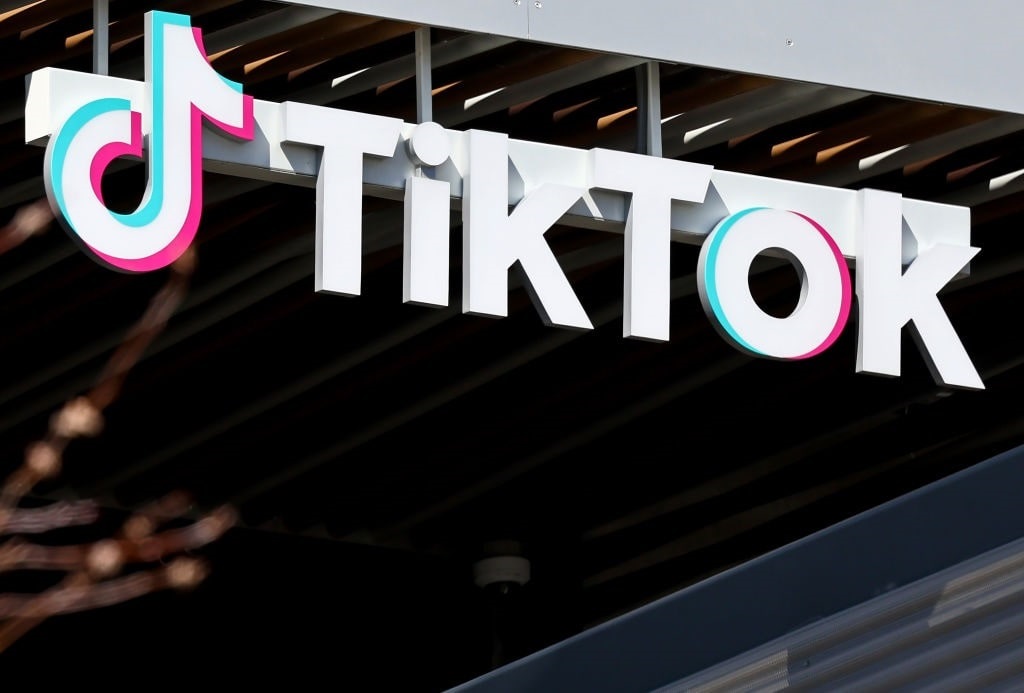The United States is one step closer to banning TikTok after a bill that restricts the social media application easily passed the House with a 352-65 vote on March 13. The controversial legislation, named the Protecting Americans From Foreign Adversary Controlled Applications Act, will head to the Senate, where its fate is unclear. If passed, President Joe Biden promised he would sign it into law. But could this be a Trojan horse extending the federal government more power?
The Bells Toll for TikTok
Under the bill, Washington would mandate TikTok’s parent company, ByteDance, to divest from the application about five months after the law goes into effect or be restricted from US app stores and web-hosting services.
 Proponents argue that the legislation mitigates national security risks posed by ByteDance as the firm would be unable to share sensitive user information with the Chinese government. In 2021, a Chinese state-owned enterprise acquired a notable stake in ByteDance, meaning Beijing would have the power to outvote all other shareholders.
Proponents argue that the legislation mitigates national security risks posed by ByteDance as the firm would be unable to share sensitive user information with the Chinese government. In 2021, a Chinese state-owned enterprise acquired a notable stake in ByteDance, meaning Beijing would have the power to outvote all other shareholders.
Critics, including the 15 Republicans who voted against the plan, have slammed the bill’s contents and the legislative process.
A chorus of lawmakers has cautioned the “Trojan horse” in the legislation that gives the president the power to regulate or shut down websites that he or she declares to be “foreign adversary controlled applications.” According to the bill, this includes “a website, desktop application, mobile application, or augmented or immersive technology application … ”
“When it comes to legislation, the devil is ALWAYS in the details. I voted NO on the TikTok ban because it could be used to target the American People, just like the Patriot Act,” said Rep. Scott Perry (R-PA) on X. “There are other, better ways to go after the espionage activities of the CCP, like labeling it a Transnational Criminal Organization.”
Sen. Rand Paul (R-KY) called the House TikTok ban a “misguided overreach” and a “draconian measure” because it tramples on free speech, constitutional rights, and economic activities. He added: “This act is not securing our nation — it’s a disturbing gift of unprecedented authority to President Biden and the Surveillance State that threatens the very core of American digital innovation and free expression.”
Other opponents, such as Rep. Alexandria Ocasio-Cortez (D-NY), complained about the rushed process. Rep. Mike Gallagher (R-WI) and Rep. Raja Krishnamoorthi (D-IL), two members of the House Select Committee on the Chinese Communist Party, introduced the proposal less than a week ago. The House GOP also instituted a provision requiring a two-thirds majority to pass as part of a broader effort to accelerate the process. Days later, it reached the lower chamber for a vote.
The Trump Effect
Over the past month, former President Donald Trump has repeatedly come out against a TikTok ban, whether on his Truth Social account or in the mainstream media. Speaking in a March 11 interview with CNBC’s Squawk Box, Trump warned that this would help Facebook, which he says is “an enemy of the people.” He told the business news network:
“Frankly, there are a lot of people on TikTok that love it. There are a lot of young kids on TikTok who will go crazy without it. There are a lot of users. There’s a lot of good and a lot of bad with TikTok. But the thing I don’t like is, without TikTok you can make Facebook bigger. And I consider Facebook to be an enemy of the people, along with the media.”
While he does believe the federal government must employ measures to protect Americans’ privacy and data, Trump noted that US companies deal with the Chinese Communist Party all the time and will give anything President Xi Jinping asks. “So that’s a national security risk also,” Trump warned.
Notably, in 2020, Trump promised to ban the video-based social media app from operating in the United States. He issued an executive order demanding ByteDance divest from the company’s US operations, telling reporters that “as far as TikTok is concerned, we’re banning them from the United States.” A federal judge blocked the order.
National Security vs Slippery Slope
Opinions on the bill and the website itself have varied as both sides have touted their concerns, from privacy implications to the app’s toxic content. Gallagher described it on the House floor as a “common sense measure.” Former House Speaker Nancy Pelosi (D-CA) averred that this “is about making TikTok better.” Rep. Thomas Massie (R-KY) told his colleagues that some people “don’t want the president picking which apps we can put on our phones.” Rep. Marjorie Taylor Greene (R-GA) warned of the slippery slope of future government censorship. Whatever the reasoning, the TikTok efforts come down to this: If Washington can ban a website, what would stop future politicians from capriciously targeting other apps, like X and Truth Social?




